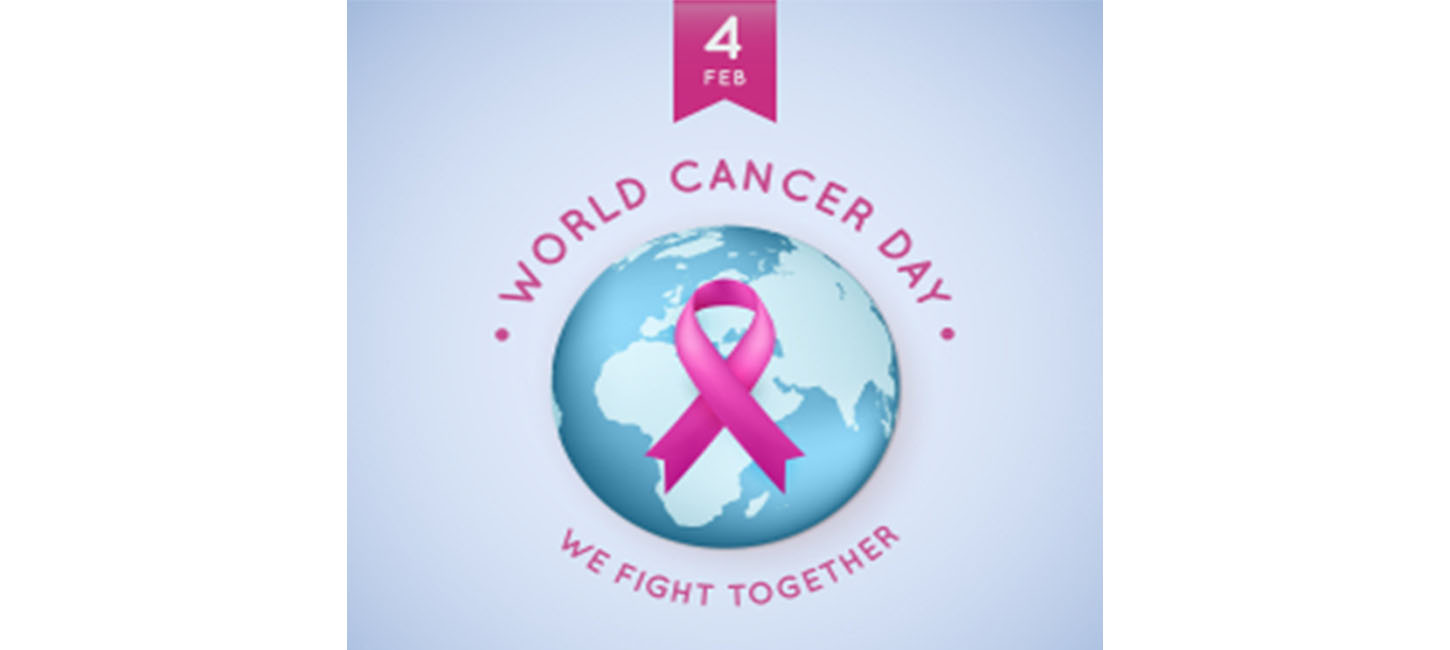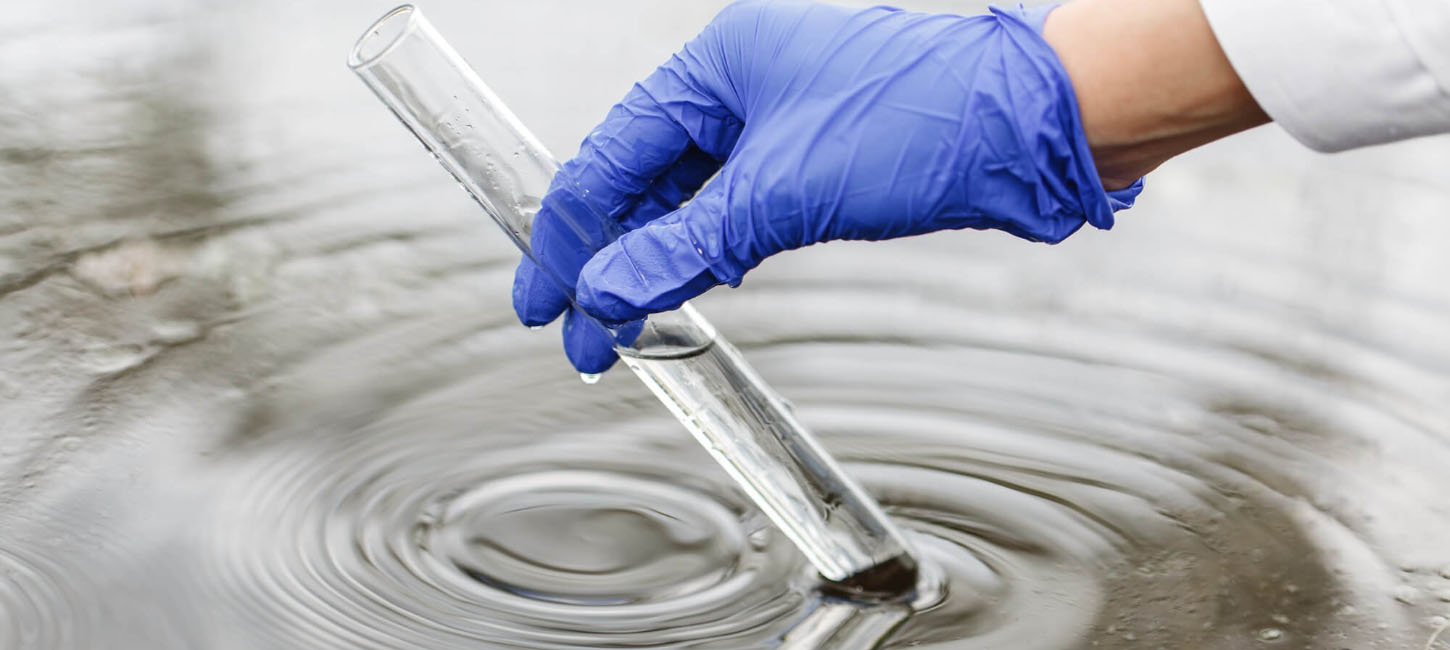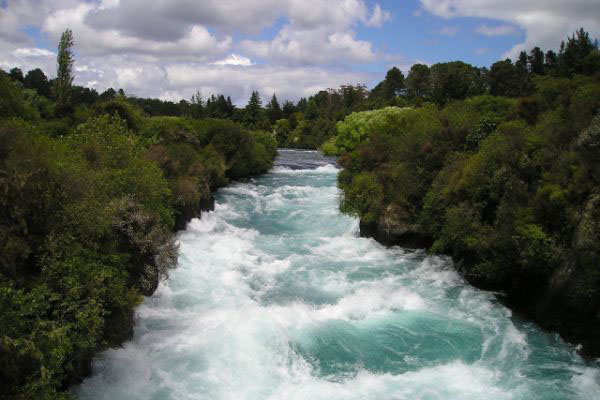Articles / insights / PFAS / Sustainability / Water pollution
Shining a Light on PFAS and Cancer Risk
Shining a Light on PFAS and Cancer Risk
February 3, 2025
Shining a Light on PFAS and Cancer Risk
Every year on the 4th of February, we commemorate World Cancer Day, a global initiative led by the Union for International Cancer Control (UICC) to raise awareness, improve education, and catalyse personal, collective, and government action in the fight against cancer. This day serves as a reminder of the ongoing battle against cancer and the importance of understanding the myriad of factors that can contribute to this complex disease. One such factor that has increasingly caught the attention of researchers and the public alike is the presence of per- and polyfluoroalkyl substances (PFAS) in our environment.

On February 4th, we mark World Cancer Day to raise awareness and inspire action!
Understanding PFAS
PFAS are a group of synthetic chemicals used in a range of products since the 1940s. These substances are known for their resistance to heat, water, and oil, making them popular in various industrial applications and consumer products, including non-stick cookware, water-repellent clothing, stain-resistant fabrics, and firefighting foams. Unfortunately, PFAS are also known as “forever chemicals” due to their longevity in the environment and the human body, where they do not break down easily.
PFAS and Health Concerns
Over the years, concerns have grown regarding the potential health impacts of PFAS exposure. Studies have indicated that these chemicals can accumulate in the human body over time, leading to potential adverse health effects. Elevated levels of PFAS exposure link to a range of health problems, including liver damage, thyroid disease, immune system effects, and developmental issues in children.
One of the most alarming concerns is the potential link between PFAS exposure and cancer. Research has suggested that certain PFAS may increase the risk of developing cancers such as kidney, testicular, and breast cancers. While more research is necessary to fully understand these connections, the evidence thus far underscores the importance of considering PFAS as a factor in cancer risk assessments.
Global Efforts to Address PFAS Contamination
Recognising the potential dangers of PFAS, numerous countries and organisations have taken steps to address their presence in the environment. For instance, some governments have set regulatory limits on the acceptable levels of PFAS in drinking water, while others have initiated cleanup efforts in contaminated areas. Additionally, there is ongoing research aimed at developing safer alternatives to PFAS in consumer products and industrial applications.
On World Cancer Day, it is crucial to highlight these efforts and encourage further action to mitigate PFAS exposure and its potential impact on cancer risk. Public awareness campaigns, policy changes, and increased funding for scientific research are essential components of a comprehensive strategy to tackle this issue.
As the world marks World Cancer Day, we consider the diverse factors that contribute to cancer and the importance of addressing them. PFAS represent a significant environmental and public health concern, with links to cancer. By raising awareness and acting, we can work towards reducing PFAS exposure and contribute to the global effort to prevent cancer. Together, through informed choices and collective action, we can create a healthier future for all.

About Arvia
Arvia is one of the world’s leading manufacturers of electrochemical water treatment products.
With design, manufacturing, and R&D in the UK, they also have labs in India, a facility in China and have expanded into the US.
Arvia’s treatment systems include Nyex.3 Florenox™, Nyex Rosalox™ and Ellenox™ – three revolutionary systems specifically designed for tertiary water treatment, each delivering spectacular (up to parts per billion) results treating many recalcitrant pollutants in industrial wastewater like PFAS, endocrine disruptors and antibiotics.
To see how Arvia Technology could benefit many water treatment systems worldwide, check the Arvia website or make contact to set up a one-to-one consultation with a water science expert.
More featured articles
01.31.2023

We discuss sustainable water management and how specific industry sectors would benefit by adopting water stewardship.
05.22.2024

In 2024, with the world facing ever more critical challenges, the summit will again provide a crucial platform for collaboration, dialogue, and decision-making.
01.13.2025

The theme of this year's World Economic Forum is “Collaboration for the Intelligent Age." This will highlight the potential for intelligent systems to address the planetary crisis and forge a nature-positive, net zero and resilient future.
Our wastewater treatment expertise
Our water technology can be used to treat a variety of water treatment applications. Once we understand the nature of your wastewater and your final water quality target, our water treatment specialists can make recommendations as to how best to treat your water. Take a look at some of the Nyex applications here:
Need help? Speak with an expert